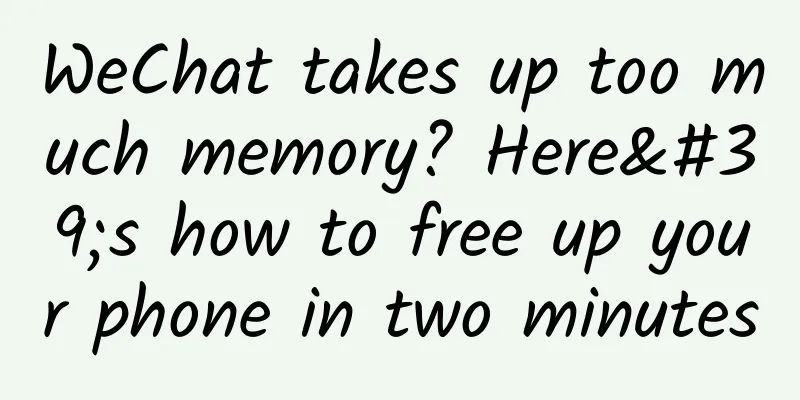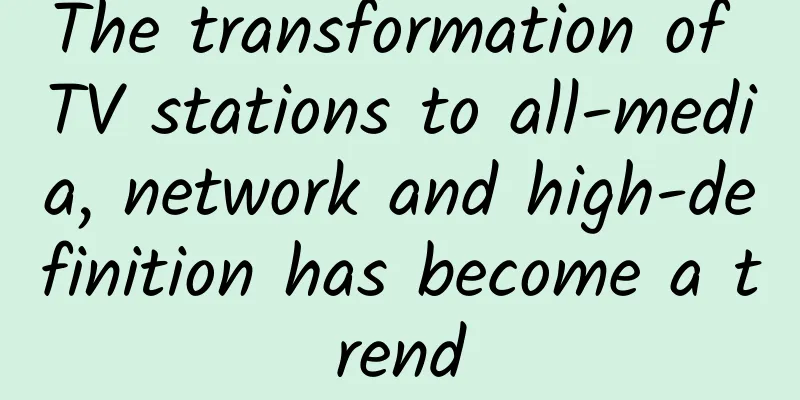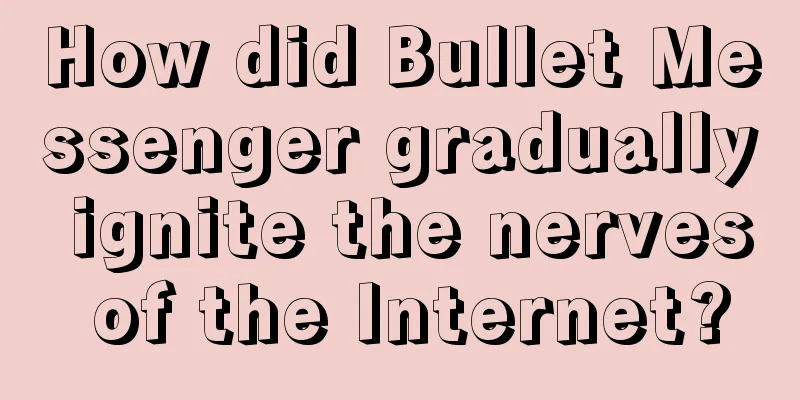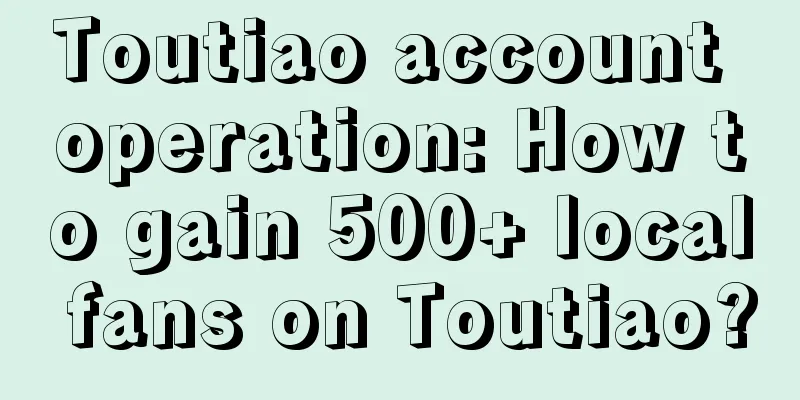If "live suicide" happens in the circle of friends
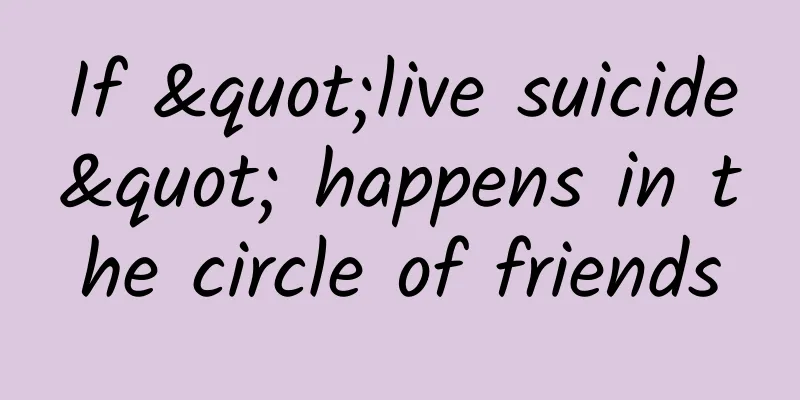
|
Social relationships on WeChat are closer, so the chances of "live suicide" being stopped are much higher. Weibo is a super square, and netizens have the will but not the power, not to mention that there is still a long way to go from watching to taking action. Unfortunately, in the chill of early winter, the live broadcast of Sichuan teenager Xiao Zeng’s suicide on Weibo did not turn into a heartwarming story of police breaking down the door and turning the tide. He really died. According to the Beijing News: "At 7:48 am on November 30, 2014, a Weibo post about a suspected suicide due to a failed online love affair went viral online. The number of hits on the post reached 130,000 a few hours after it was posted. Netizens rushed to rescue the man and advised him not to give up his life." With the help of netizens, the information was conveyed to the Luzhou police, but after the police and family members broke into the house, they still failed to save the 19-year-old's life. Did the online crowd "kill" him? So here comes the question: Some people say that it was the comments of netizens, especially the ruthless comments advising him to die, that "killed" him. Xiao Zeng's friend also said that "the ruthless comments of netizens were also a fatal blow." Indeed, quite a few netizens posted comments saying "After all the fuss, he still won't die" and "The blogger must die", etc., which would make anyone feel uncomfortable. But we also see that there are more comments advising him to live well. If the comments advising him to die made him unhappy or even painful, then the warmth given by the comments advising him to live would be enough to dispel them. I think these emotional words are not suitable for over-interpretation at the factual level. In real life, people also say some extreme words as a way to vent their emotions, and most normal people will just forget about it after saying it. This is even more true on the Internet. Few of those who swear at others and challenge others to fight will really bring their "hatred" into reality. A few people bite the bullet and rush to the scene of the fight, but it ends in a farce that is never resolved. Suicide is a social problem, and the prevention and intervention work for it may be seriously underestimated by us. According to statistics and estimates from the World Health Organization, about 1 million people die from suicide every year in the world, of which 250,000 die from suicide in China every year, and the number of people who attempt suicide in China every year is as high as 2 million. Scholars say that there are three main characteristics of motives for suicide: impulsiveness, loneliness, and contradiction. From the live broadcast behavior, Xiao Zeng is eager to communicate with the outside world, which shows that he is not determined to die. If he can get enough care and psychological counseling after the breakup, it is entirely possible to get out of the shadow. Many people would rather talk to strangers online than seek help from relatives and friends, so it is particularly important to popularize and smooth the channels for psychological treatment. However, Chinese people have not yet developed the habit of seeing a psychologist, and either fail to detect mental illness or insist on holding on. This situation must be changed. Different platforms have different rules for human nature At present, mobile phone touch screens have become the most popular social interface. The frequency of "screen-to-screen" communication has already approached or even exceeded that of "face-to-face communication". This is an era of "screen social networking". Weibo, WeChat, and QQ are currently the most common screen social tools. People use them every day without knowing it, but in fact, screen social networking is subtly changing our emotional life. First, the boundary between public and private has disappeared. Most suicides are not broadcast live, and death is still a private matter. But once online, suicide, a private act, immediately becomes a public activity that can be watched and intervened. Screen social networking tempts us to give up some of our privacy and spend more time with others. Humans reject loneliness and like to live in groups and share. This gives us the opportunity to watch over each other and live better. In terms of suicide intervention, being willing to announce the suicide plan in advance increases the chance of intervention compared to secret suicide. Weibo and QQ are a society of strangers, where people are completely relaxed and prone to emotional polarization, such as persuading people not to die and persuading people to die. If a suicide is live-broadcasted on WeChat Moments, ordinary WeChat friends will definitely persuade the person to live well, and close WeChat friends will not just comment, they will pick up their phones to make calls, or even go directly to visit and rescue. The same online onlookers, on different social platforms, the emotional interactions generated are very different. Why is it that Weibo and WeChat, both in the same public opinion field, have some misalignment in values? In the face of life choices, people should have a minimum value bottom line, whether online or offline. However, on Weibo, people's value bottom line seems to be more easily exposed. This is certainly related to the deconstruction and entertainment spirit of the Internet, but human nature, which can be good or evil, will obviously take different directions in different public opinion fields. The values of the online public opinion field are subject to the settings of the interpersonal communication structure by the technology platform, for example, whether it is fully open or semi-open, and whether users and platforms themselves have more delicate control over the degree of openness - just like interpersonal communication in reality. Different technology platforms have different compliance and regulation of human nature, and technology sets the structure of interpersonal communication in screen social networking. Since the existing technology can only simply simulate real interpersonal communication, it is inevitable that there will be deviations in the guidance of people. As a winner of Toutiao's Qingyun Plan and Baijiahao's Bai+ Plan, the 2019 Baidu Digital Author of the Year, the Baijiahao's Most Popular Author in the Technology Field, the 2019 Sogou Technology and Culture Author, and the 2021 Baijiahao Quarterly Influential Creator, he has won many awards, including the 2013 Sohu Best Industry Media Person, the 2015 China New Media Entrepreneurship Competition Beijing Third Place, the 2015 Guangmang Experience Award, the 2015 China New Media Entrepreneurship Competition Finals Third Place, and the 2018 Baidu Dynamic Annual Powerful Celebrity. |
<<: The whole story of the closure of subtitle websites
>>: The boss said this is the high-end Coocaa Honor A55 office experience
Recommend
Wearing a corset for a long time will give you an hourglass figure?
There is such a magical product: 👚Wearing it, you...
The new vocational education law is coming! Will your child have a better chance of going to college?
Mixed Knowledge Specially designed to cure confus...
Is adding chlorine to tap water harmful to the body?
We all know that chlorine is a toxic gas with a s...
300 tons of near-Earth delivery? In the era of space exploration, how much more powerful will future rockets be?
Recently, Musk, CEO of SpaceX, announced that Sta...
Novel Reading Network: How does Tingyun Server ensure the performance of a high-concurrency website with tens of millions of users?
As of December 31, 2014, Xiaoshuo.com has been on...
China Automobile Dealers Association: Automobile consumption index in May 2021 is 69.7
On June 1, 2021, the China Automobile Dealers Ass...
Price of African birthday wishes, how much does it cost to customize birthday wishes for African children?
With the coming of Valentine's Day this year,...
What? Asteroids also have osteoporosis?
As people age, if they do not pay attention to ca...
Why is your community always asleep? Don’t fall into these four pitfalls when building a community
Pitfall 1: Before establishing a group, the posit...
Marketing strategy: How should social e-commerce platforms deal with the “mass exodus of promoters” during the “big reshuffle”?
There are currently four mainstream tracks in the...
Tesla Motors changes its name to remove the word "car": its ambition has no boundaries
Tesla Motors Inc, a well-known American innovativ...
China Association of Automobile Manufacturers: The top ten Chinese automobile sales companies (groups) sold a total of 23.148 million vehicles in 2022
Recently, the China Association of Automobile Man...
Android 7.0 Nougat's five biggest flaws: no support for floating windows
[[170700]] Introduction: Currently, Android 7.0 N...
Where do Pinduoduo’s new users come from?
There is perhaps only one month left before Pindu...
About the personal experience of a programmer taking a private job
[[142297]] I just graduated in 2013 and worked in...



